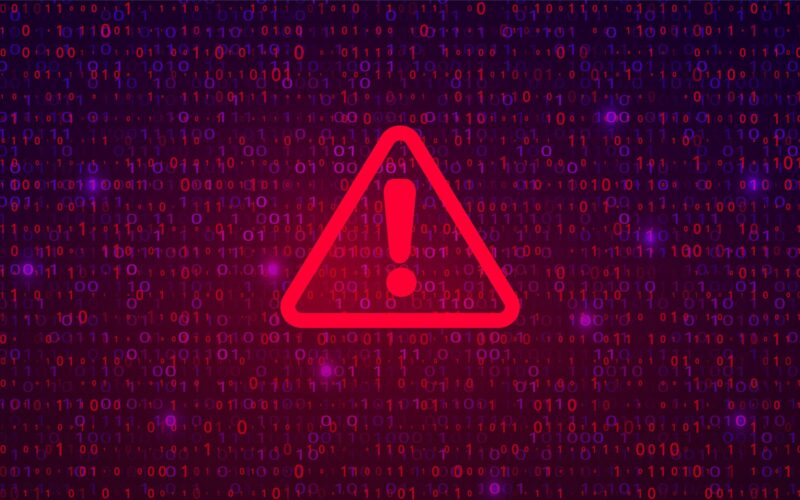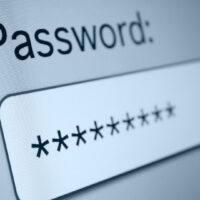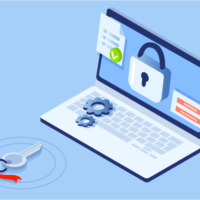Are You Hacked?

Yes, you could say that about 80% of all PCs are infected with some sort of malware, trojan or spyware program. Hackers have been attacking PCs, one after another, leaving behind a trail of destruction and stealing personal information or, in the case of some, their very own personal computers.
So how is it that we can say that we are all hacked? Well, let me explain it to you another way. How do you know if you are hacked?
If you believe that your computer system has been used by an internet criminal to defraud you, then you are right! Brave hackers, indeed, Anonymous or not, have used a variety of methods to carry out their nefarious acts. Some of their favorite targets have been Windows Shredder, Viruses, Malware, Trojan, Worms, and now Finger Prints, among others. They have also made use of keyloggers and some kind of remote deployment tool.
All of the kerosine have something in common. They all attempt to accomplish the goal of gaining access to or disabling a specific program or hardware device on your computer.
What is important is that they are targeting computers. Maybe you were wondering why they are attacking PCs? Well, there are several possibilities.
Having your PC infected by a virus could enable remote access by sending a virus-infected CD-Rom, or hard disk back to you. Another possibility is that they are trying to use the info on your PC to help them gain access to a larger network. They want to separate you from your money, or they want to use your PC as a means to attack other computers.
If you are wondering if they have infected your PC, how do they do it? There are a number of ways that they assault your computer. Some of the most common ways are:
1.)Browser hijacking: Spoofing a legitimate website using the bogus domain name and replacing the real domain address with their own will provide a source of the attack.
2.)Phishing: They send you a fake email telling you that there is a problem with your bank account. They would ask you to click on a link inside the email to solve the problem. The link inside the email actually does not link to the bank but to another site that looks just like that of your bank. Once you click on the link, you are taken to a site that looks just like your bank, so you think you are logging in to your bank account. Once you are actually logging in to your bank account, all the viruses and spyware programs launch themselves and you the real problem.
3.)Trojans: Trojans are a huge problem for computer security. They are small programs that can attach themselves to other programs and cause problems for your computer. What they do from there is not important to you.
4.)Viruses: Viruses are also huge problems for computer security. These programs can spread on their own and can damage files and programs on your computer that are not part of the virus program. What they generally do is replicate themselves.
5.)Worms: Worms are network-based programs that utilize a network and send copies of themselves to other computers on the same network.
What are worms? How do they work? And how big can they get?
We asked ourselves these questions when we were faced with the problem of launching our own websites in the face of an attack.
Worm: A program or piece of code that replicates itself on a network by using a network contacting computer.



